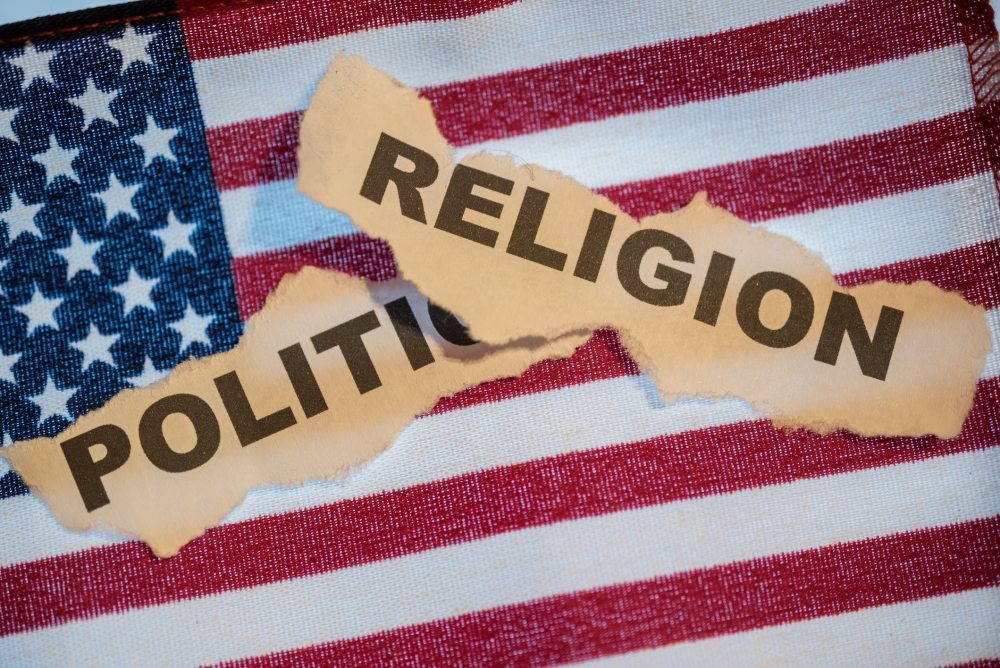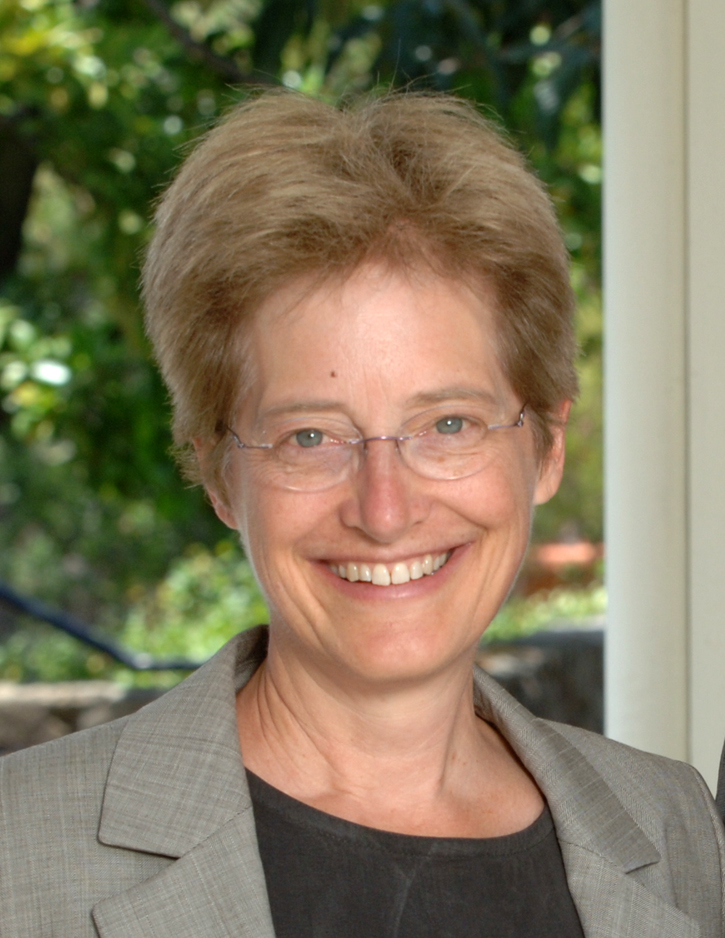
The Common Roots of Politics and Religion

Attorney General William Barr and essayist Andrew Sullivan don’t have a lot in common. But in recent months, the two men — one conservative, one liberal — have made a similar argument: Politics is becoming a replacement for religion, and that’s a dangerous thing.
Writing in New York magazine, Sullivan bemoaned that “We have the cult of Trump on the right, a demigod who, among his worshippers, can do no wrong. And we have the cult of social justice on the left, a religion whose followers show the same zeal as any born-again Evangelical. They are filling the void that Christianity once owned, without any of the wisdom and culture and restraint that Christianity once provided.”
A few weeks ago, Barr echoed those thoughts through a prism of social conservatism. In a controversial speech at Notre Dame University, he decried the “growing ascendency of secularism” and warned that democracy cannot succeed in the absence of religion-based moral order.
Ann Taves, a Distinguished Professor of Religious Studies at UC Santa Barbara, contends that both men are missing the point — and their argument only deepens our current polarization.
Religion and politics, she maintains, are both expressions of deeper psychological drives that are best explained by evolutionary science. Understanding that, she argues, can help us understand the roots of our own beliefs, and inspire more toleration of opposing viewpoints.
She presented these ideas in a talk entitled “Is Politics Our New Religion?” in the UC Santa Barbara Library’s Pacific View Room.
Taves earned her Ph.D. from the University of Chicago’s Divinity School, and has been on the UC Santa Barbara faculty since 2005. For nearly three decades, she has been studying the positive and negative impacts of religious and mystical experiences.
She will begin her talk by distilling Sullivan and Barr’s positions, and showing excerpts from the Attorney General’s Notre Dame University speech.
“Both men are arguing that morality is foundational to democracy, that morality depends on religion, and therefore secularization is a threat to democracy,” she said. “Various things follow from that — some for Barr, others for Sullivan.”
In fact, Taves argues, religious beliefs are “layered on” moral principles that are the result of evolutionary processes — ways we have learned to get along with one another, and thus increase the likelihood of both our own survival, and that of our species.
“I agree with Barr on one thing,” Taves said. “He says humans are inherently confronting the big questions, but we don’t pay enough attention to that. He thinks this is really important, and I agree.
“But secular folk enact answers to the big questions all the time. The idea that secular people aren’t ethically driven is incorrect.”
In her research, Taves advocates for studying religion from a “worldviews” perspective that emphasizes humans’ apparently unique tendency to act and reflect on “big questions” such as the nature of reality, and how we should behave towards one another.
“The legal distinction between church and state sometimes leads us to think that politics, philosophy and religion are distinct domains. Practically speaking, however, they are deeply intertwined,” she said. “When we start thinking in terms of the big questions, we can see more clearly how they are connected in people’s actual lives.”
According to Taves, this impulse to make sense of life is an evolved trait that is true of all humans. If we can focus on that fact, rather than on religious or political differences that divide us, we could forge connections with others based on this commonality.
“We’re more isolated from one another than ever,” she said. “The question becomes how do we decrease this tribalism.
“I don’t want to contribute to the merry-go-round of the polarization. Rather, I want to show how the worldview approach, grounded in an evolutionary perspective, gives us a way to think about ethics and values.”
Taves’s talk is part of the library's Pacific Views: Library Speaker Series. More information about the talk and about the series can be found here.



